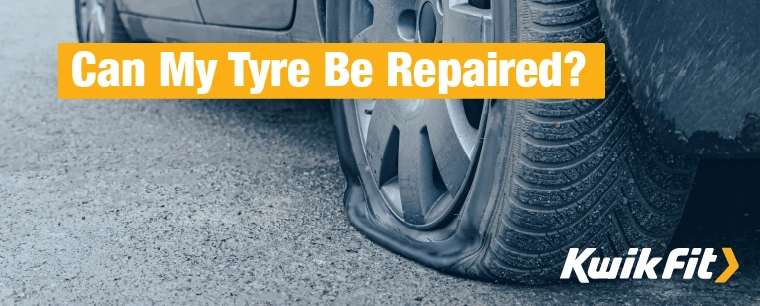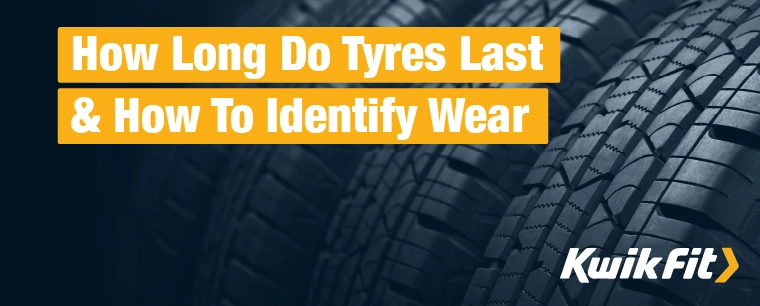Are Hybrid Cars Good for Long-distance Driving?
Jack Dreyer | Tuesday 13th September 2022 12:00pm
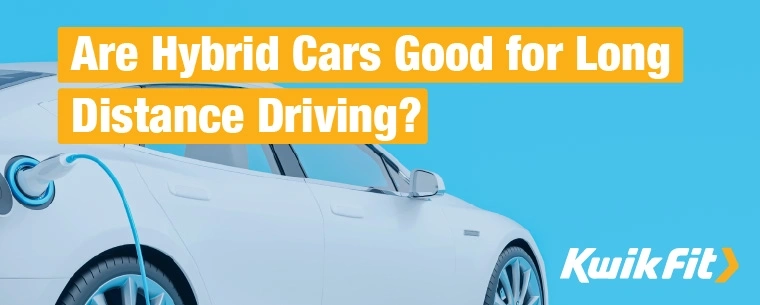
So, you’re planning a long family road trip for your next holiday but you drive a hybrid car. Are these two things compatible?
While there are now over 790,000 hybrid cars on Britain’s roads (and this number increases month on month), there are still many misconceptions about the performance of these vehicles — with long-distance driving being one.
To find out more about the capabilities of hybrid vehicles and see how they fare when driving long distances, read on.
How far can hybrid cars drive?

Depending on which type of hybrid vehicle you drive, you can enjoy different levels of endurance when it comes to long distances.
Full hybrids, like the Toyota Prius, are completely self-charging since they pair an electric motor with a combustion engine. This allows the battery to charge while the car drives. If the battery should run low, the engine can provide any supplementary power needed. This doesn’t mean they can go forever, but that they can have a much longer life when mixing stop-start city driving with longer-distance motorway driving.
Plug-in hybrids (or PHEVs) on the other hand, are much less self-sufficient and rely on power from a charging point. As such, this type of hybrid would need to be charged overnight before a long-distance drive — and stop routinely on the way. On average, this type of vehicle can last about 300 miles from full charge to empty. The combustion engine provides some charge for longer distance driving, but plug-in hybrids are intended to be closer to the fully-EV side of Hybrid than “full” Hybrids are.
For more on the lifespan of hybrid vehicles and their batteries, see another of our blogs here.
Are hybrid cars Good for long-distance driving?
To start us off, it is worth establishing that hybrid cars can definitely handle long-distance journeys. A vehicle that is not able to withstand a few hours on the road would simply not be practical. If you are planning on driving your regular hybrid car a long distance, you should expect to run on electricity for the first 50 miles and then on petrol for another 300 miles or so. When fully-charged, the battery of a plug-in hybrid can last about 300 miles (though some Tesla models champion 350!).
Now that we’ve cleared that up, let’s provide some more context.
When hybrid cars were first introduced to the UK, it was the case that long distance journeys were tricky to navigate. But this was only due to the lack of electric car charging stations at that time. Now, almost all service stations and public spaces have a charging station nearby. What’s more, according to the new law — rolled out in June of 2022 — all new build homes are to be fitted with EV chargers too. So, there’s no chance of hybrid drivers getting caught short while travelling anymore.
Which factors influence how far hybrids can drive?
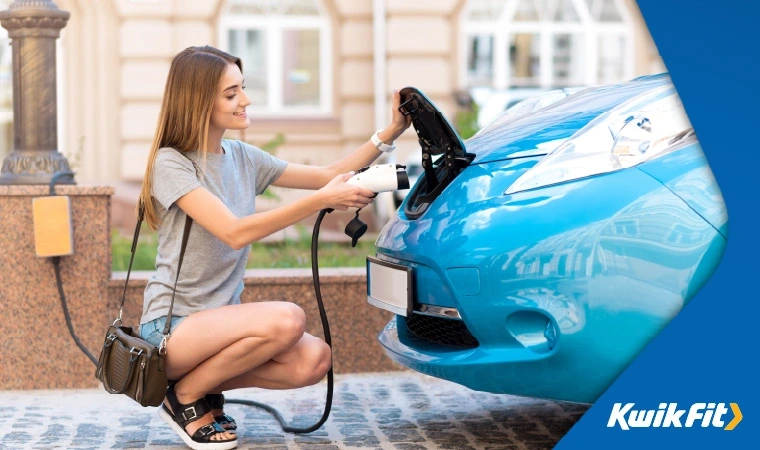
With every hybrid car, as with normal vehicles, there are a whole range of factors that influence how far it can drive. This includes things such as driving style and the age and efficiency of the car. But there are also a few hybrid-specific factors that govern its performance during long-distance drives.
Hybrid cars operate better at slower speeds
The first thing to note is that hybrid vehicles are best suited to slower speeds. They generally function much better when kept below 50mph.
That being said, it is still possible to drive hybrid vehicles above this speed, or at the speed limit for overtaking purposes. But, it is wise to bear in mind that these cars are far more efficient when running at slower speeds. This is the case for fuel efficiency too. So, when driving on the motorway, a hybrid might not perform as well as a regular car.
This doesn't have to be an issue, though. Depending on the location and length of your drive, you may like to choose the scenic route at slower speeds instead and skip motorways altogether if possible.
Hybrids are better suited to city driving
When it comes to driving style, hybrid cars are much more suited to driving in cities. After all, it was cities that influenced the design of hybrid and electric vehicles since their emissions are far lower than regular combustion engine cars. Unlike other vehicles, hybrid cars are good at handling the stop-start and occasional idling that comes with inner-city driving.
Tips for driving long distances in a hybrid car
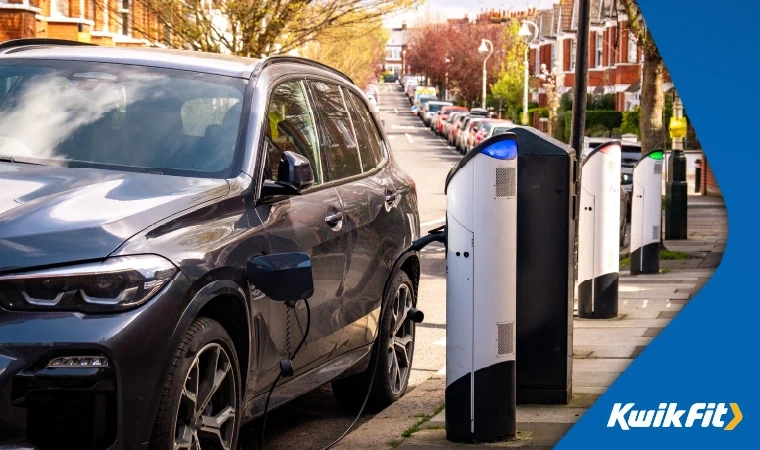
To risk stating the obvious, hybrid cars are not like regular combustion engine vehicles and do require alternative care and maintenance before a road trip. If you’re set on taking your hybrid or plug-in hybrid car with you on your next family staycation, the following things may help make the drive easier.
Plan your stops
If you are driving a plug-in hybrid car, depending on how long you are travelling, the chances are you’ll need to stop and charge up in places. Before departing, you may want to look ahead and pick the spots en route to charge your car, perhaps choosing ones near to a service station or a place to stretch your legs while you wait.
If you’re just driving a regular hybrid car, you may still need to stop to fuel up, so factor this in too.
Charge up before you leave
Again, if you are driving a plug-in hybrid, it is a smart option to charge them overnight before you depart, allowing you to drive for as long as possible without charging the next day.
Conduct pre-departure checks
Before any road trip, it is important to conduct a series of checks to ensure your vehicle is roadworthy and minimise the chance of any nasty surprises. And the same goes for hybrid vehicles — though with a few added extras. The following things should be checked before departure:
Fluids: While electric cars don’t have engine oil, there is still the coolant, brake fluid, and washer fluid to check – and most hybrids will need some form of engine oil checks at a less regular interval than normal combustion engines.
Brakes: The brakes should always be tested, both visually and physically. Give them a check over from outside the car and then press them — if they squeak or feel spongy, something may be off.
Lights: This includes dashboard lights, indicators, fog, head, and brake lights.
Tyres: These need to have enough tread depth and be in good working order for a road trip. Inspect each one for damage (debris, cracking, bulging, etc) and make sure they are inflated properly too.
Other things: If it’s a summer road trip, you may want to check your air conditioning is in good working order too.
Charging cables: This point is only specific to plug-in-hybrid vehicles. It is essential to pack your cables in an easy-to-reach spot inside the car (not beneath your suitcases). You may also want to consider downloading and updating any charging apps you use, preventing you from getting caught off guard while en route.
Learn more about conducting pre-roadtrip checks in another of our blogs here.
Travel safely with Kwik Fit
If you have any concerns about the condition of your hybrid vehicle in advance of your long-distance drive, book in for a hybrid-specific check and service at your local Kwik Fit. Or, if you’re looking for more advice for road trips, we have plenty of guidance and handy tips on our blog.
Any facts, figures and prices shown in our blog articles are correct at time of publication.
Featured Articles
Can My Tyre Be Repaired?
Wednesday 22nd November 2023
It can be hard to tell if your puncture can be repaired or not. Read our handy guide to understand if your tyre can be saved or if you need a replacement.
How Long Do Tyres Last & How To Identify Wear
Wednesday 18th October 2023
Driving on old or worn tyres can be dangerous so you need to maintain them properly. Read about how long tyres should last and how to know if your tyres are old.
Wet Weather Driving Tips – Staying Safe in the Rain
Thursday 27th October 2022
Driving in the rain isn’t only a pain but can be surprisingly hazardous – here are our top tips for staying safe in wet & icy weather this winter.

